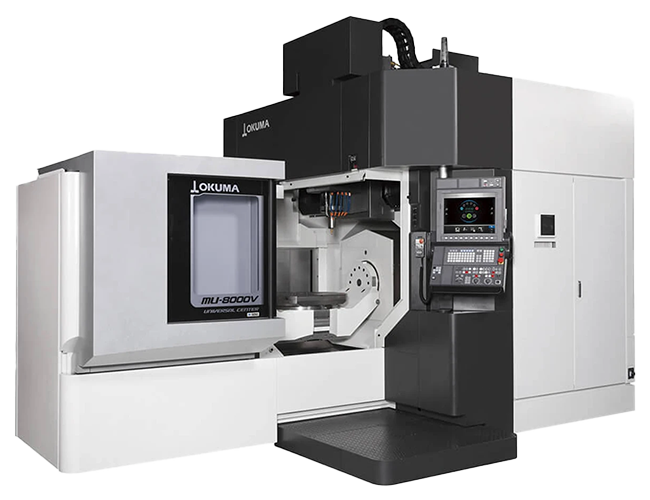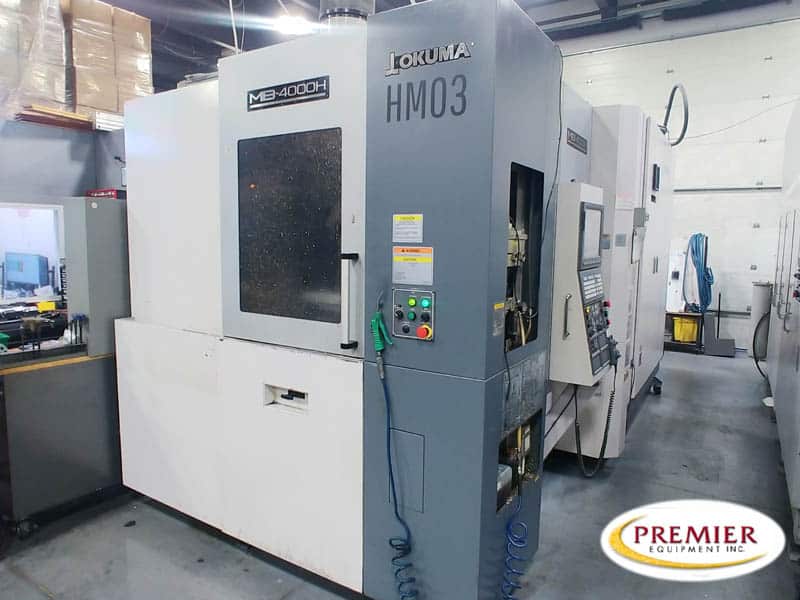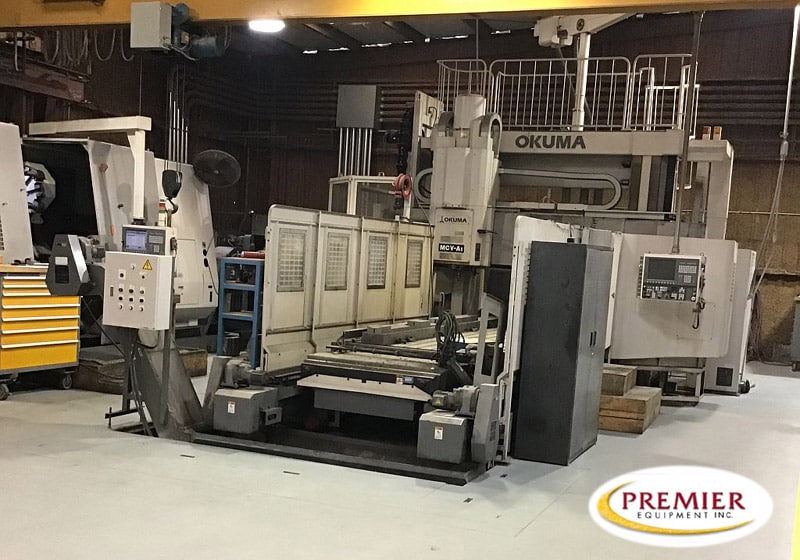Used Okuma CNC Mills for Precision Machining
What Sets Okuma CNC Machines Apart from Competitors?
Okuma CNC mills are known for their CNC Machines, strong mills, with high milling performance in the industry. Okuma Corporation’s many years in manufacturing have allowed them to become leaders in machine tool innovation, as seen in their CNC mills. Okuma mills are crucial for industries that require precision because they are reliable and produce accurate parts all the time.
The user-friendly and powerful OSP-P300 system from Okuma, unique to the company, helps machinists increase their efficiency, reduce downtime, and boost the overall productivity of their shop. These CNC mills are built to last, handling the tough conditions of heavy-duty manufacturing for many years.
Okuma 5-Axis CNC Mills
Okuma’s
5-axis CNC mills enable factories to cut down on wasted effort and achieve more versatility. If your parts require multi-axis machining, these machines are made for the job. Machining from several angles at once in one setup helps increase precision for tricky parts and reduces the chance of errors.
Another plus is how much time is saved, since having one setup instead of many cuts production time and increases output. Because 5-axis machining is performed at the same time, complex workpieces can be created very accurately and with the need for fewer human actions, leading to faster production and lower expenses.




